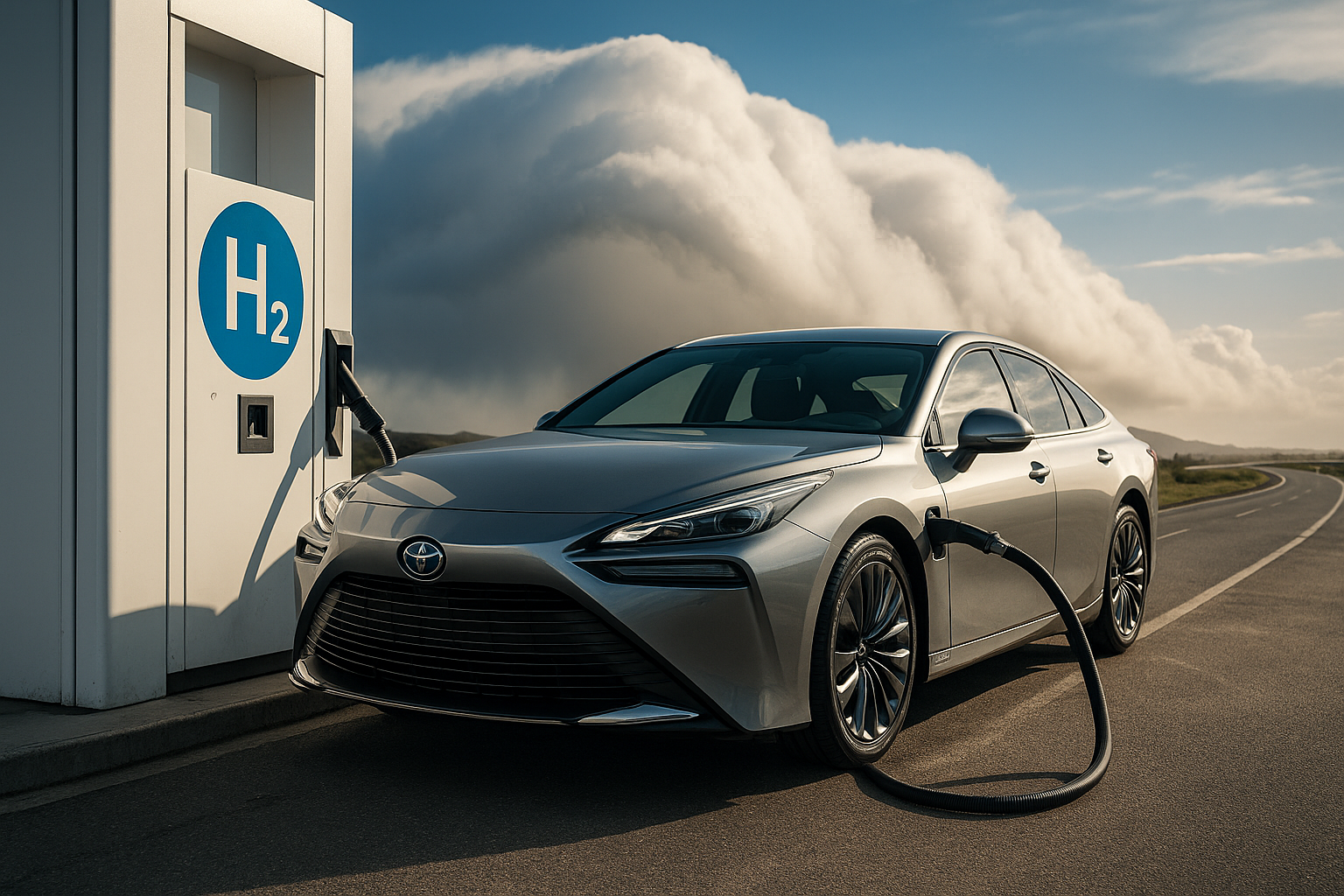Learn What Electric Cars Actually Cost in Today’s Market
Electric vehicles have moved from niche technology to mainstream automotive choice, but understanding their true cost remains complex. With advancing technology, evolving government incentives, and expanding model availability, today's electric car market offers diverse pricing options that extend far beyond the initial purchase price. Understanding these costs helps buyers make informed decisions about transitioning to electric transportation.

What Drives Electric Vehicle Pricing in 2025?
Electric car prices in 2025 reflect several key factors including battery technology costs, manufacturing scale, and market positioning. Battery packs, which represent approximately 30-40% of an electric vehicle’s total cost, have decreased significantly over the past decade. Manufacturing efficiency improvements and increased production volumes have helped automakers reduce prices while maintaining profit margins. Premium features, range capabilities, and brand positioning also significantly influence final pricing across different market segments.
How Do Different EV Models Compare in Price?
Electric vehicle model comparison reveals distinct pricing tiers serving various consumer needs. Entry-level EVs typically range from $25,000 to $35,000, mid-range models span $35,000 to $55,000, and luxury electric vehicles can exceed $80,000. Compact EVs like the Nissan LEAF and Chevrolet Bolt serve budget-conscious buyers, while Tesla Model 3 and Ford Mustang Mach-E compete in the mainstream market. Luxury options include Mercedes EQS, BMW iX, and Audi e-tron models targeting premium buyers.
What Hidden Costs Should EV Buyers Consider?
Beyond purchase price, EV cost breakdown includes installation of home charging equipment, which ranges from $500 to $2,500 depending on electrical system requirements. Insurance costs may vary compared to traditional vehicles, sometimes higher due to repair costs and vehicle values. However, maintenance expenses typically decrease since electric motors require less servicing than internal combustion engines. Registration fees and taxes may differ by location, with some areas offering reduced rates for electric vehicles.
How Do Government Incentives Affect Real EV Costs?
Federal tax credits up to $7,500 significantly reduce electric vehicle costs for qualifying buyers, though manufacturer sales caps and income limits apply. State and local incentives vary widely, offering additional rebates, tax credits, or reduced registration fees. Some utilities provide rebates for home charging equipment installation. These incentives can reduce total ownership costs by $2,000 to $10,000 depending on location and vehicle choice, making electric vehicles more accessible to broader consumer segments.
What Long-Term Savings Do Electric Cars Offer?
Electric vehicles typically cost 3-5 cents per mile to operate compared to 10-15 cents per mile for gasoline vehicles, creating substantial long-term savings. Electricity rates remain more stable than gasoline prices, providing predictable operating costs. Reduced maintenance requirements eliminate oil changes, spark plug replacements, and many engine-related repairs. Battery warranties typically extend 8-10 years, protecting against major component replacement costs. Total cost of ownership often favors electric vehicles over 5-7 year ownership periods.
Current Electric Vehicle Market Pricing Analysis
Today’s electric vehicle market spans multiple price points with varying features and capabilities. Understanding specific model pricing helps buyers identify vehicles matching their budget and requirements.
| Vehicle Model | Manufacturer | Starting Price | Range (EPA Est.) |
|---|---|---|---|
| Nissan LEAF | Nissan | $28,140 | 149-212 miles |
| Chevrolet Bolt EV | General Motors | $27,200 | 259 miles |
| Tesla Model 3 | Tesla | $38,990 | 272-358 miles |
| Ford Mustang Mach-E | Ford | $42,995 | 247-312 miles |
| BMW iX | BMW | $87,100 | 324-425 miles |
| Mercedes EQS | Mercedes-Benz | $104,400 | 350-453 miles |
Prices, rates, or cost estimates mentioned in this article are based on the latest available information but may change over time. Independent research is advised before making financial decisions.
Making Smart Electric Vehicle Investment Decisions
Electric vehicle costs extend beyond purchase price to encompass charging infrastructure, maintenance savings, and fuel cost reductions. While initial investments may exceed traditional vehicle costs, total ownership expenses often favor electric vehicles over time. Government incentives, improving technology, and expanding model availability continue making electric vehicles more accessible. Buyers should evaluate their driving patterns, charging access, and long-term ownership plans when considering electric vehicle purchases. The electric vehicle market’s rapid evolution suggests continued price improvements and feature enhancements in coming years.




